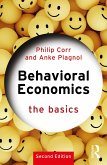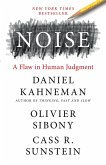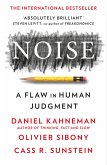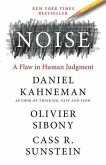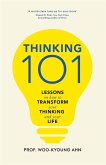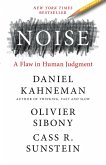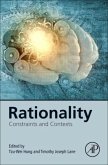Human Thinking: The Basics provides an essential introduction into how we develop thoughts, the types of reasoning we engage in, and how our thinking can be tailored by subconscious processing.
Beginning with the fundamentals, the book examines the mental processes that shape our thoughts, the trajectory of how thought evolved within the animal kingdom and the stages of development of thinking throughout childhood. Robertson insightfully explains the effectiveness of political slogans and advertisements in engaging shallow information processing and the effortful, analytical processing required in critical thinking. Delving into fascinating topics such as magical thinking in the form of religion and superstition, fake news, and motivated ignorance, the book explains the discrepancy between reality and our internal mental representations, the influence of semantics on deductive reasoning and the error-prone, yet adaptive nature of biases.
Containing student-friendly features including end of chapter summaries, demonstrative puzzles, simple figures, and further reading lists, this book will be essential reading for all students of thinking and reasoning.
Beginning with the fundamentals, the book examines the mental processes that shape our thoughts, the trajectory of how thought evolved within the animal kingdom and the stages of development of thinking throughout childhood. Robertson insightfully explains the effectiveness of political slogans and advertisements in engaging shallow information processing and the effortful, analytical processing required in critical thinking. Delving into fascinating topics such as magical thinking in the form of religion and superstition, fake news, and motivated ignorance, the book explains the discrepancy between reality and our internal mental representations, the influence of semantics on deductive reasoning and the error-prone, yet adaptive nature of biases.
Containing student-friendly features including end of chapter summaries, demonstrative puzzles, simple figures, and further reading lists, this book will be essential reading for all students of thinking and reasoning.


